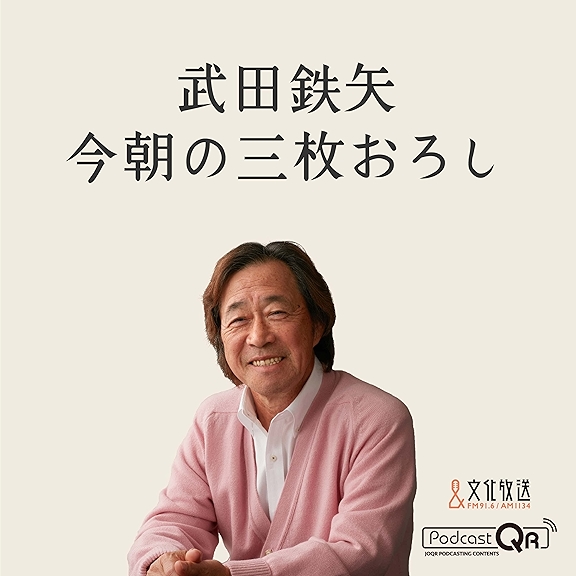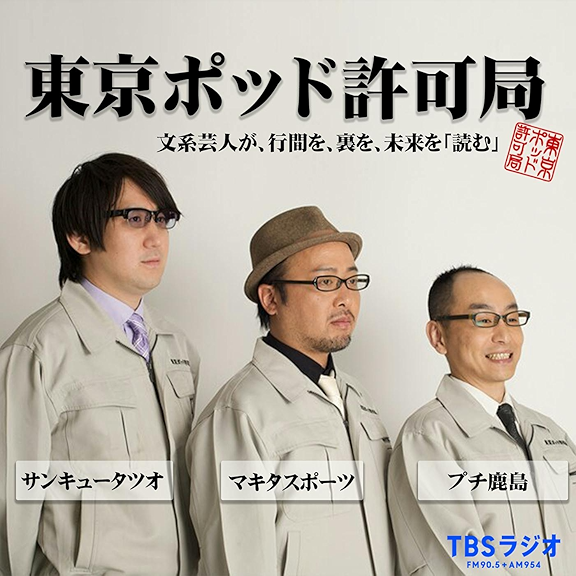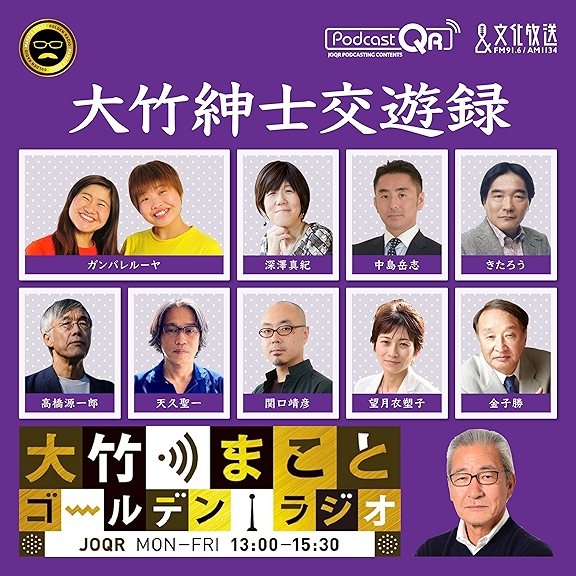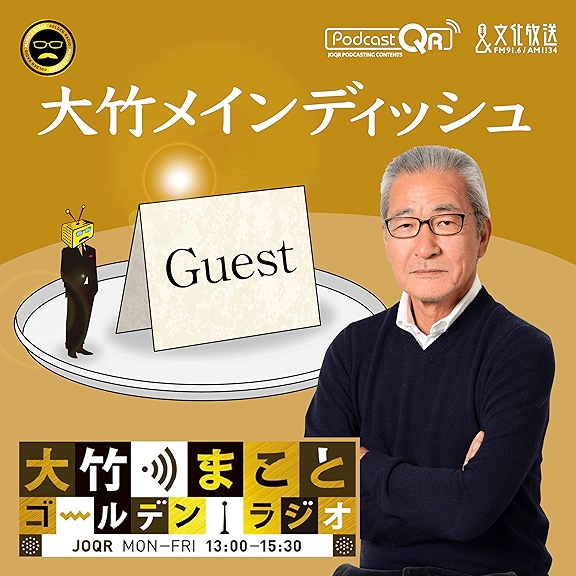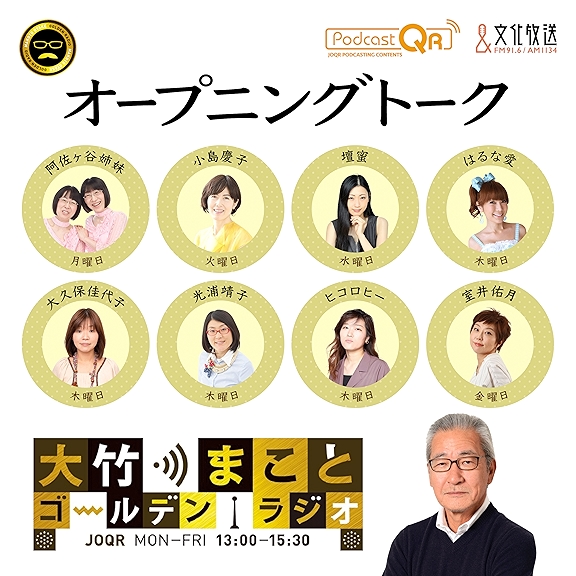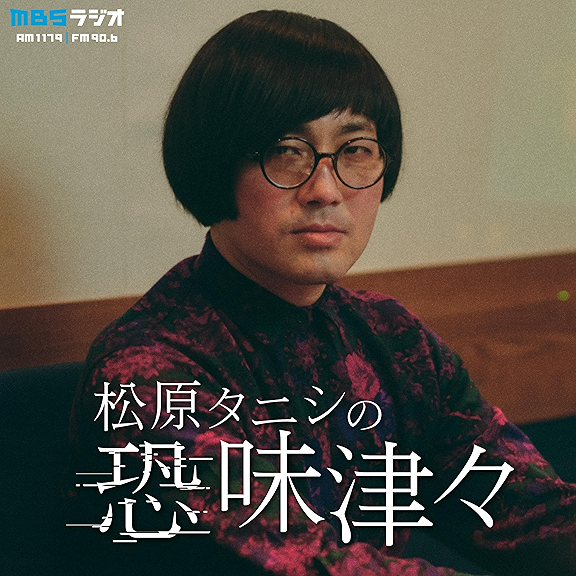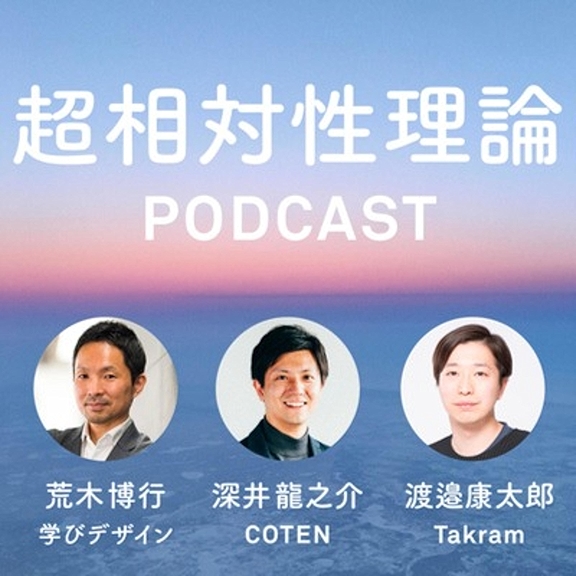
BONUS EPISODE – Public Sociology, with Gary Younge, Chantelle Lewis, Cecilia Menjívar & Michaela Benson
What is public sociology and why does it matter more than ever? Gary Younge, Chantelle Lewis and Cecilia Menjívar join Michaela Benson to reflect on its meaning, value and stakes.
In a time of perpetual crisis and gross inequality, how can sociologists best change minds and set agendas? Why are some voices valued over others? And who does being truly “public” involve more than simply being high profile?
Gary Younge reflects on what sociologists and journalists can teach each other – and the ongoing struggle in the UK for space in which work on race can be truly incubated and explored. Cecilia Menjívar describes her deep engagement with migration and gender-based violence – and how in Latin America, “public sociology” is simply “sociology”. And Chantelle Lewis describes the lack of value applied to black scholarship in UK academia – and urges us to embrace hope, honesty and solidarity.
An essential listening! Discussing thinkers ranging from E.H. Carr on history to Maria Marcela Lagarde on feminicide, plus Stuart Hall, Hazel Carby, bell hooks, Sheila Rowbotham and many more.
Guests: Gary Younge, Chantelle Lewis, Cecilia Menjívar
Host: Michaela Benson
Executive Producer: Alice Bloch
Sound Engineer: David Crackles
Music: Joe Gardner
Artwork: Erin Aniker
Find more about Uncommon Sense at The Sociological Review.
Episode Resources
From The Sociological Review
- Strategies of public intellectual engagement – Mohamed Amine Brahimi, et al.
- An interventionist sociologist: Stuart Hall, public engagement and racism – Karim Murji
- Curating Sociology – Nirmal Puwar, Sanjay Sharma
By our guests
- Gary’s books Dispatches from the Diaspora & Another Day in the Death of America
- Chantelle’s co-produced podcast Surviving Society
- Cecilia’s work on migration and gender-based violence
Further reading
- “Gary Younge: how racism shaped my critical eye” – Gary Younge
- “Women's Liberation & the New Politics” – Sheila Rowbotham
- “For Public Sociology” – Michael Burawoy
- “What is History?” – E.H. Carr
- “Beyond the blade” – investigation by The Guardian
Read more about the work of Hazel Carby, Paul Gilroy, Stuart Hall and bell hooks, the life and work of Marcela Lagarde and Fernando Henrique Cardoso, the work of Jane Addams on public housing, as well as the poet, essayist and activist June Jordan.
Support our work. Make a one-off or regular donation to help fund future episodes of Uncommon Sense: donorbox.org/uncommon-sense
